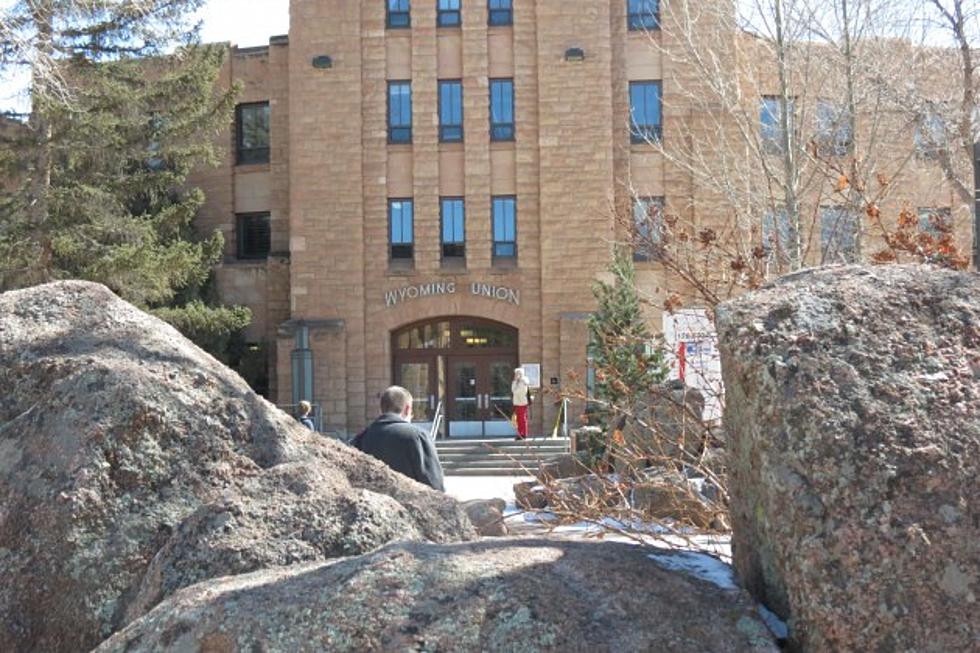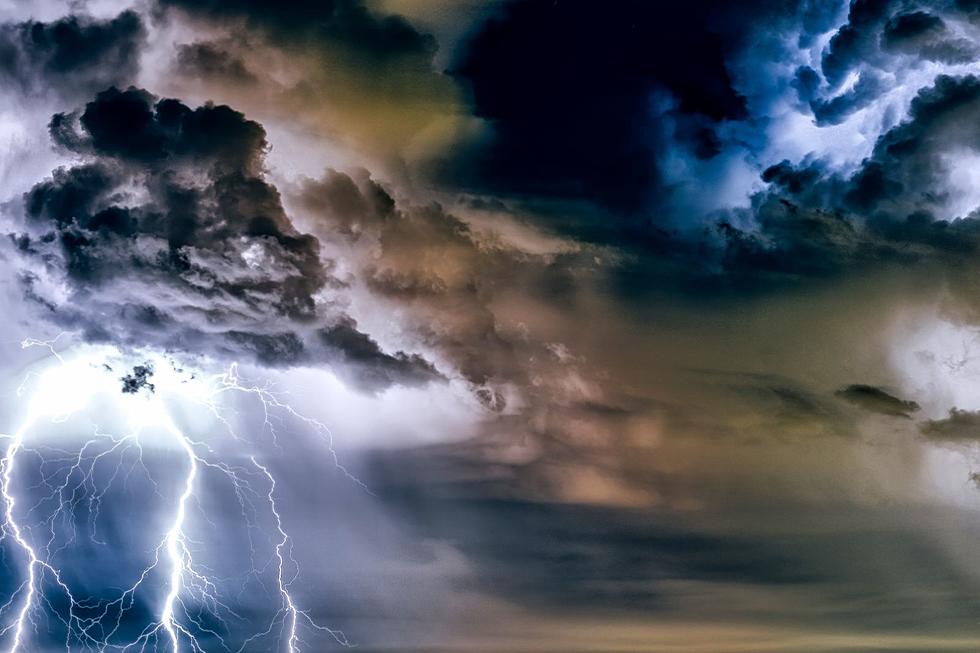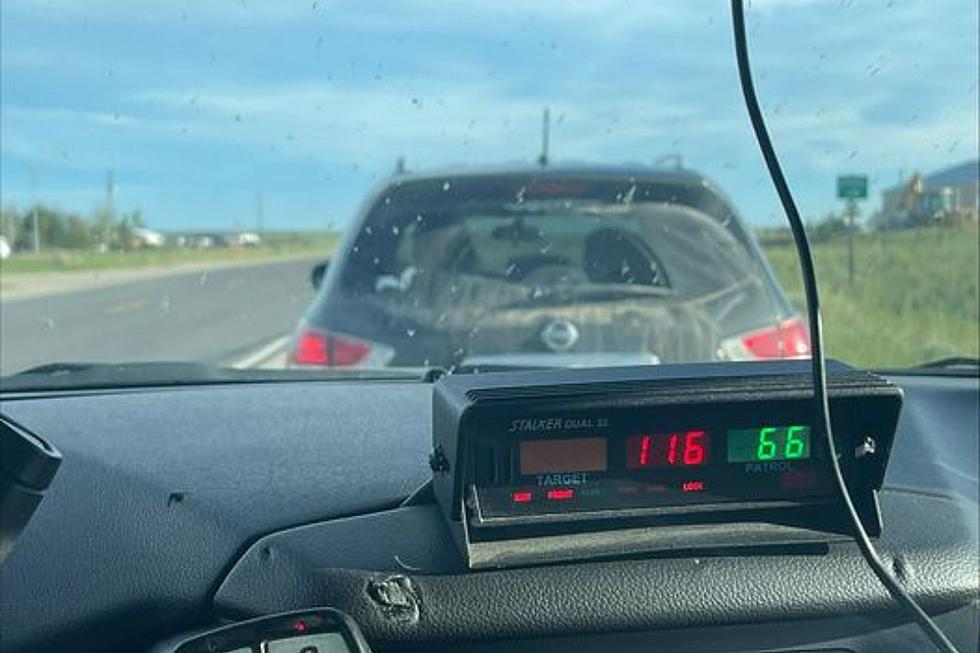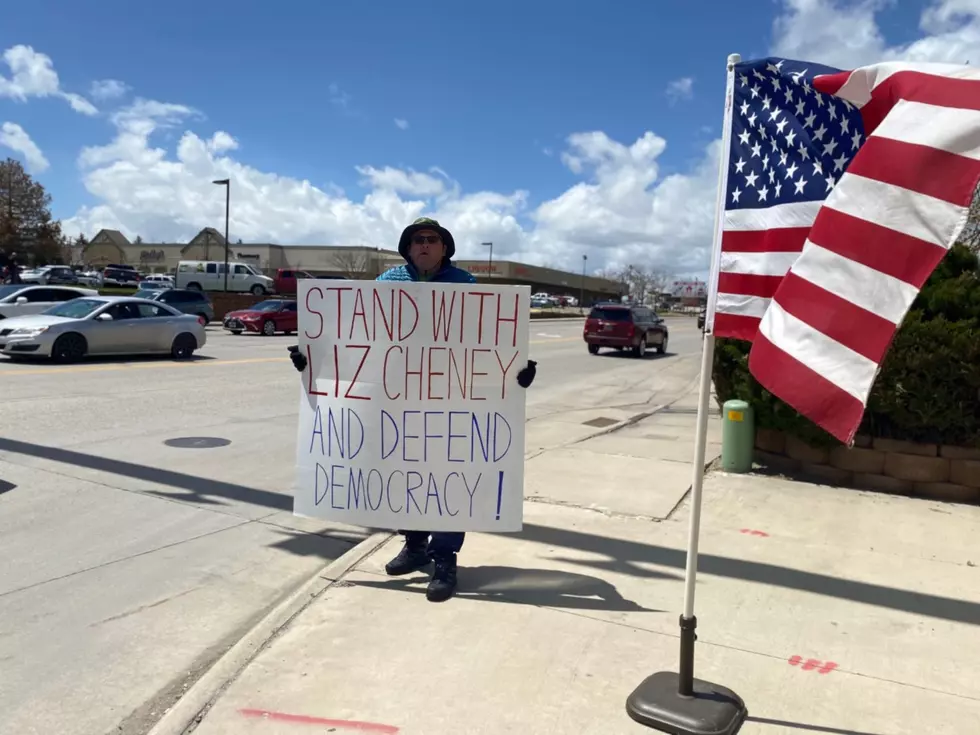
University of Wyoming DACA Students Look to Future with Uncertainty, Hope
As a graduate student at the University of Wyoming, Jose Rivas has his sights set on becoming a school counselor. If all goes according to plan, he will graduate with his Master’s degree in Jan 2019 along with many other UW graduate students and take the next step towards realizing his goal.
He is also a DACA, or Deferred Action on Child Arrivals, recipient. Rivas left Texcoco, Mexico, with his family when he was 6-years-old. He said his parents initially lived in California, but moved to Wyoming to find employment in the energy sector.
Rivas didn’t get to where he is today with ease. Being undocumented meant his journey to a higher education was difficult. He says it took him eight years to obtain a four-year degree. Rivas said he had to work multiple jobs to pay for college. He changed concentrations multiple times, after learning some of the professions that he aspired to –nursing and law enforcement- required documentation that he couldn’t receive until DACA was implemented. Rivas said when DACA was announced, it opened up a door for students like himself, who were looking for a path towards higher education.
“It gave us an opportunity to work and pay for our education and really finish and complete our education without any pauses due to financial restraints,” Rivas said.
DACA allowed Rivas to travel outside the United States as well, without fear of being stranded outside the country. Rivas said he traveled to Trinidad and Tobago with SLCE at the university. Rivas said DACA allowed him to study abroad in Mexico, where he was able to see family in Mexico for the first time since leaving and gave him educational opportunities he would not have otherwise had.
“DACA’s really been opening a lot of doors and as of this week, it seems like those doors are shutting,” Rivas said.
The White House's Decision Affects Many Students and Military Personel
The White House announced on Tuesday that the DACA program, which allows undocumented immigrants who were brought to the U.S. as children to enroll in universities, seek lawful employment or join the military, would be phased out over the next six months. The DACA program was created in 2012 as an executive order by the Obama administration.
Rivas said while DACA students will be affected, he feels that the wider community is going to feel the ramifications of the decision, which he said will be robbing the country of current and future trained professionals, who colleges and universities have invested in.
“It doesn’t only affect me, it affects our communities at a local, state and national level. You’re ripping away something that has created nurses, doctors, lawyers, therapists, teachers. We are public servants,” Rivas said. “The institutions, universities, they’re all accepting prospective students who have a future, they see a future in them.”
While DACA allowed recipients to pursue opportunities previously out of their reach, DACA recipients still compete for acceptance into colleges and jobs while dealing with significant disadvantages. Rivas said DACA does not provide a path to citizenship, it merely guarantees that recipients will not be deported for two years, with recipients having to re-apply to retain their DACA status. Recipients cannot vote and cannot receive federal scholarships for school.
The University Commits to Students
Rivas said he and other DACA recipients find a lot of support through the university. UW President Laurie Nichols issued a response to the announcement of the termination of DACA on Wednesday, offering support and resources such as legal advice.
“The University of Wyoming is inclusive and committed to nurturing an environment that values and manifests diversity,” Nichlols said in the email to the UW community. “. . . I am honored to belong to a university community devoted to the higher education of all students.”
Nichols said in the email that the university is monitoring developments on DACA and that UW policies about disclosing student records remain the same under the Family Educational Rights and Privacy Act, or FERPA. She said under these guidelines, the university will not release student records without a student’s written consent or a subpoena, warrant or judicial order.
“I was really relieved that the university was going to do its part to protect its students. We are all students paying fees and tuition into the institution,” Rivas said. “We have the same rights, I would like to think, that other students that other paying students have. It was very dear to our hearts to know that we can count on the university to protect its students and their records.”
The Community as a Whole is Affected
The UW community and the wider Laramie community has been very supportive. Rivas said UW teachers, administrators, staff, faculty and various church organizations around Laramie have all shown their support for DACA recipients.
The support is reassuring to Rivas, who is concerned for younger DACA students. Rivas said he will graduate with his Master’s degree before his DACA expires, but that isn’t the case for other students who now face an uncertain future. The most important thing to do for those students, Rivas said, is to let their local and state representatives know about the presence of DACA students in Wyoming and to push representatives to support the DREAM, or Development, Relief and Education for Alien Minors Act, which has thus far been introduced in Congress several times but has failed to pass.
“We need to call the representatives and let them know that if the DREAM Act comes to the table, they need to support it, because it directly affects the residents of their state,” Rivas said. “We need that support in congress from our representatives and we need the support from our local community. In all reality, these students are giving back and it is only going to help our local and state communities.”
Rivas said the support from the UW and local community has contributed to the success of many DACA recipients. If they are going to continue being successful, Rivas said DACA students, their friends, family, classmates, congregations and others who support them are going to need to make their voices heard.
“I mean, there’s work to be done.”
More From K2 Radio









